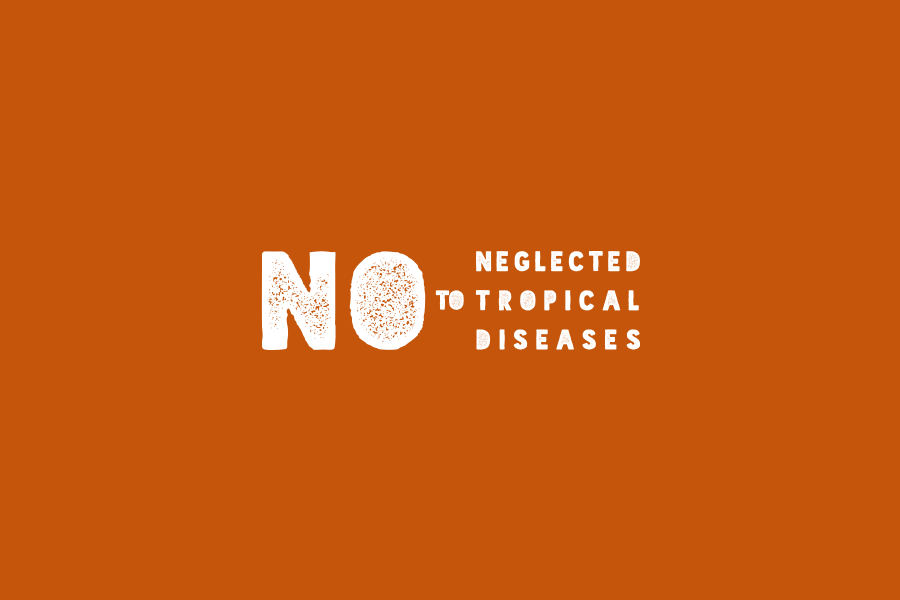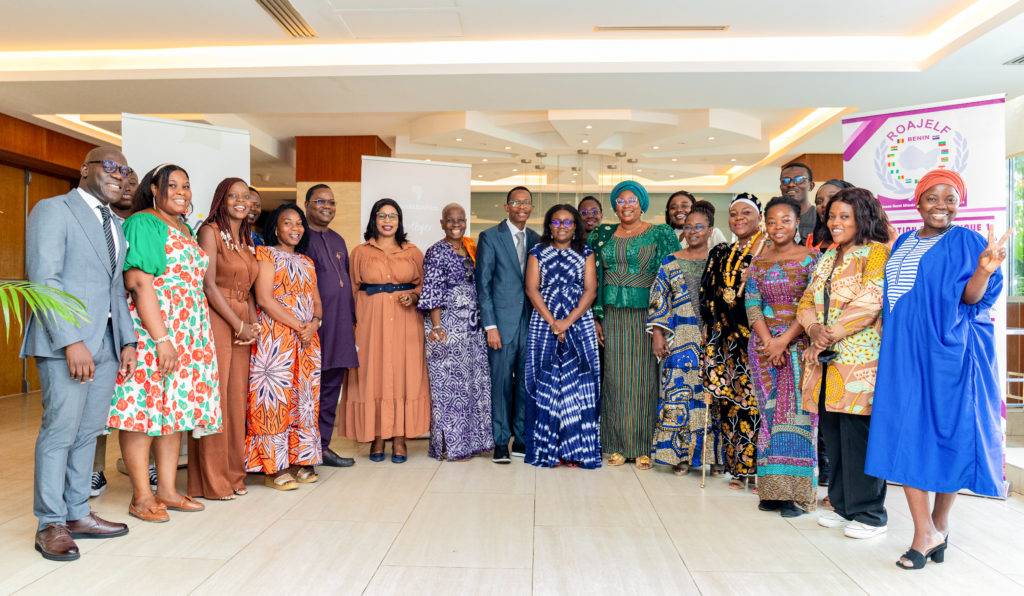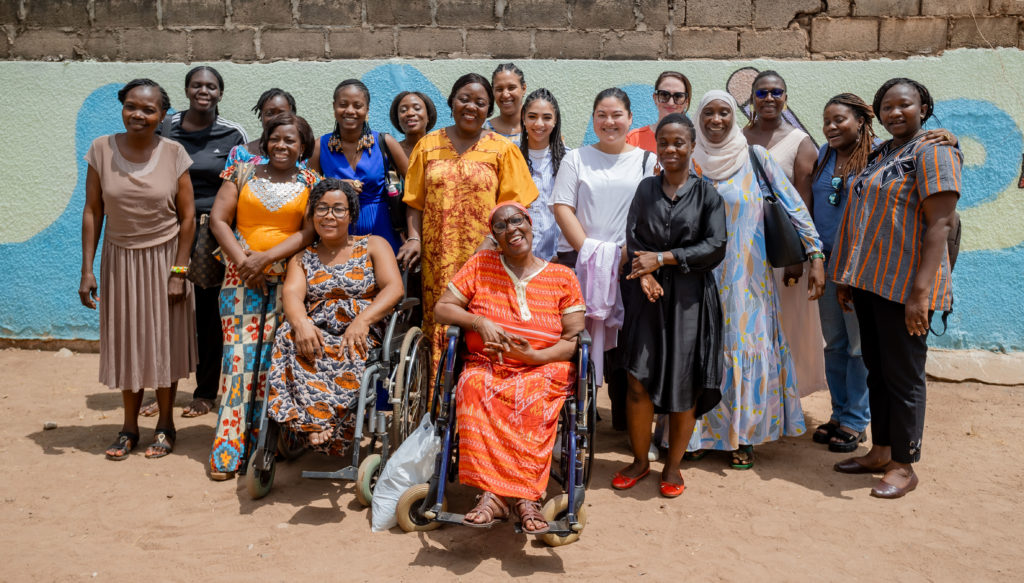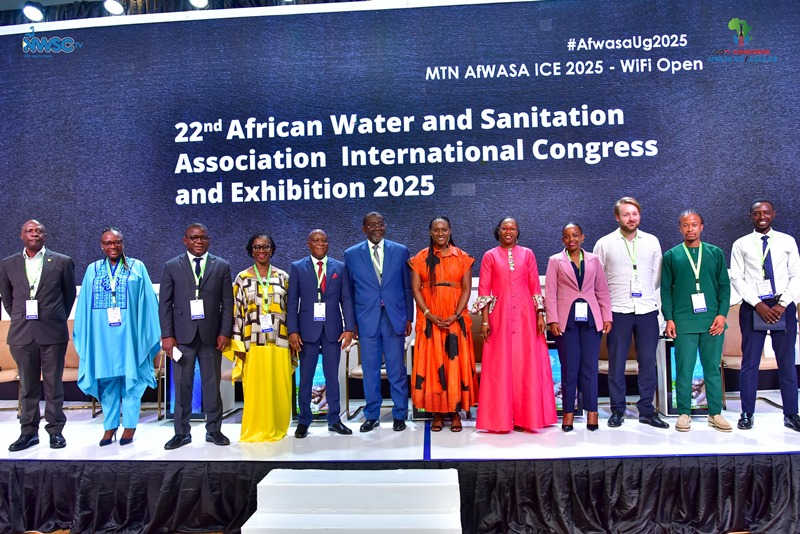A Scientific Day for the Elimination of Neglected Tropical Diseases (NTDs) in the Republic of Guinea
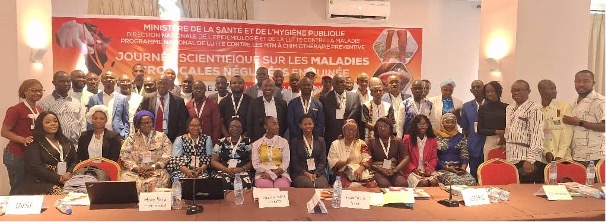
In an ongoing effort to eliminate Neglected Tropical Diseases (NTDs) in West Africa, Conakry, the capital of Guinea, recently hosted a scientific day that exemplifies the crucial intersection of research and advocacy. This event, one of many regular scientific gatherings, brought together experts, researchers, public and private actors, and civil society organizations (CSOs). Spearheaded by the regional coalition « No to NTDs » in collaboration with Guinea’s National NTD Control Program with Preventive Chemotherapy (PNLMTN-CTP), and supported by Speak Up Africa, this day underscores the importance of continuously engaging with scientific progress to inform and empower our advocacy efforts.
Why Speak Up Africa Covers Scientific Events
As an advocacy and policy action tank, Speak Up Africa recognizes the vital importance of staying connected to the scientific community’s ongoing work. These regular scientific days serve as crucial touchpoints that allow us to:
- Gather the latest data and research findings to strengthen our advocacy messages
- Understand the current challenges and progress in NTD elimination efforts
- Identify opportunities for policy intervention based on scientific evidence
- Build and maintain relationships with key stakeholders in the scientific community
- Translate complex scientific information into compelling advocacy narratives
By engaging with these events, we ensure that our advocacy remains grounded in the most current scientific understanding, enhancing our ability to influence policy and drive meaningful change.
The Power of Collaboration: Science Informs Advocacy
This scientific day served as a platform for sharing progress, challenges, and innovative strategies in the fight against NTDs in Guinea. By fostering dialogue between scientists, policymakers, and advocates, the event highlighted how multisectoral coordination can amplify the impact of interventions against NTDs.
Dr. Nouhou Diallo, Coordinator of the PNLMTN-CTP, emphasized the significance of this ongoing collaboration: « In Guinea, the data on NTD endemicity across different health districts clearly demonstrates the need to address these pathologies. By stimulating productive discussions and deepening knowledge, we can spread information at national and international levels to accelerate their elimination. This is not just possible; it has been scientifically proven. »
Advocacy in Action: Translating Research into Policy
Speak Up Africa recognizes that the path to eliminating NTDs requires more than just scientific breakthroughs. It demands effective communication of research findings to policymakers and the public, as well as the mobilization of resources and political will.
The participation of research institutes and universities in this event exemplifies how scientific insights can inform and strengthen advocacy efforts. By presenting research on topics such as Toxoplasmosis and community-based surveillance systems, scientists provided advocates with powerful tools to raise awareness and push for policy changes.
Community Engagement: The Missing Link
Dr. Kourouma, Regional Health Inspector of Kankan, delivered a compelling message on the importance of community involvement: the fight against NTDs cannot be carried out alone. It requires unwavering commitment from authorities, partners, and especially communities. If we are at a point today where we are talking about elimination for certain diseases, it is because we have learned to work together, paying as much attention to small battles as to the larger ones. This emphasis on community engagement highlights a crucial aspect of effective advocacy – ensuring that scientific advancements and policy decisions translate into real-world impact at the community level.
Looking Ahead: Science-Driven Advocacy for a Healthier Future
As we approach the International Francophonie Summit in France on October 4 and 5, 2024, the insights gained from this and other scientific days will play a pivotal role in shaping the discourse on NTDs. Speak Up Africa is committed to leveraging these scientific findings to advocate for increased resources, policy changes, and sustained attention to the fight against NTDs. By consistently bridging the gap between scientific research and advocacy, we can accelerate progress towards eliminating NTDs, ensuring a healthier future for millions across Africa. This scientific day in Guinea, like others before it, serves as a powerful reminder that when science and advocacy maintain a strong alliance, the impact can be transformative.
As we continue our mission to eliminate NTDs, Speak Up Africa remains dedicated to fostering these crucial connections between researchers, policymakers, and communities. By regularly engaging with scientific events, we ensure that our advocacy efforts are always informed by the latest research, making our voice stronger and more effective in the fight against NTDs.
